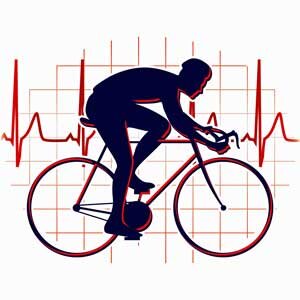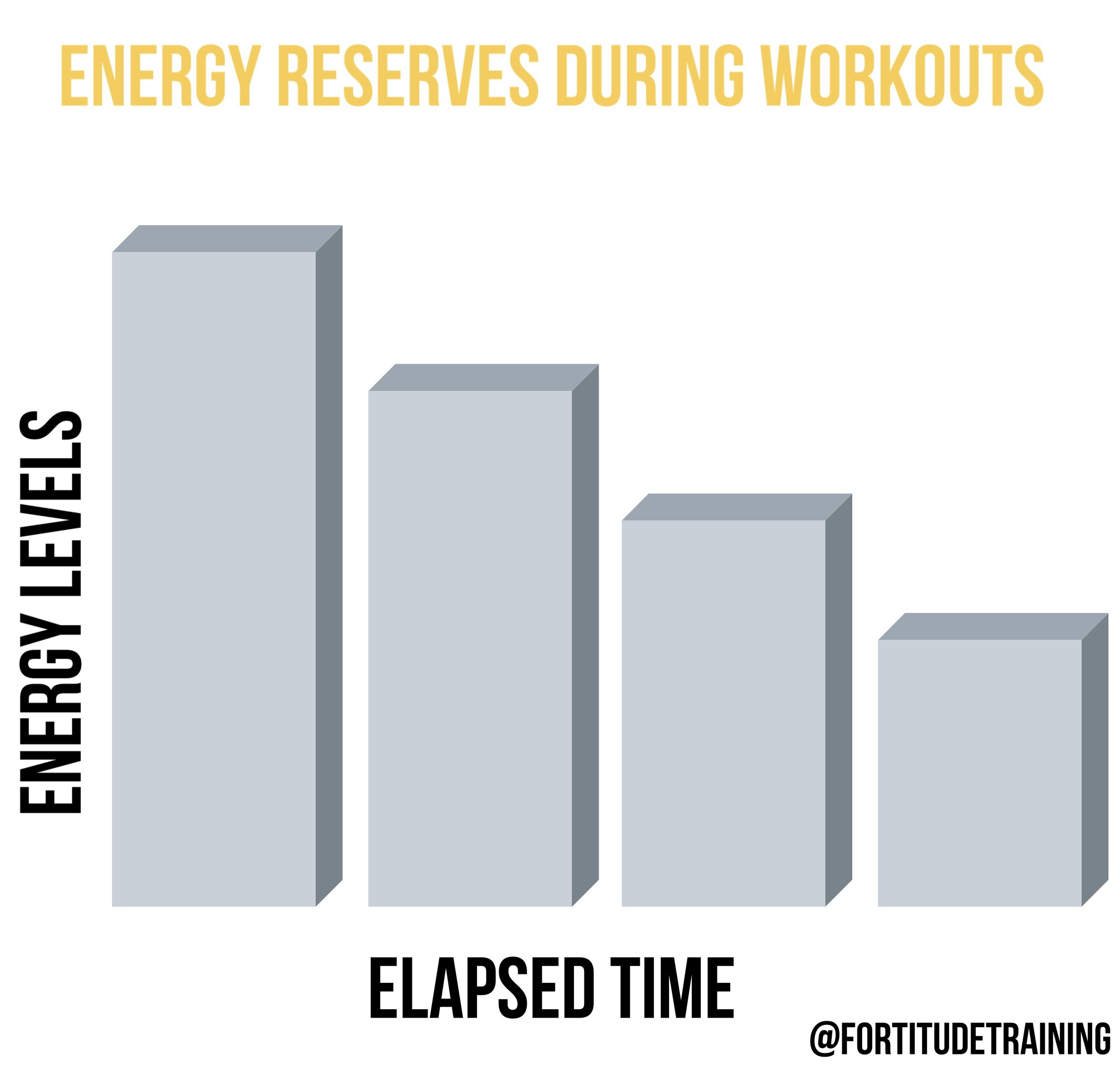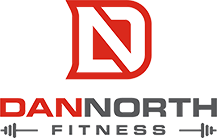Cardio before or after weights? Which one is better?
Is going for a 20 min jog before hitting the weight room more beneficial than saving your cardio for after lifting? Or should you be riding the peloton after you’ve lifted some heavy weights?
First, you need to understand the differences of weight training vs. cardio and the impacts they have on your body.

WEIGHT TRAINING 101
Here’s the thing…there are two outcomes when you lift weights:
- You get stronger
- You add muscle
Those are the goals of resistance training. When you lift weights, you’re training your muscles to move external resistance (weights), which has two direct implications on your body: (1) increased strength and (2) increased muscle mass.
If you want to get the most out of your weight training, you need to:
- Have enough energy reserves in your muscles before you lift weights
- Help your muscles recover after you lift weights

CARDIO 101
Running, cycling, walking, skipping, hiking…all of these activities have different implications on the body when compared to weight training.
The effects cardio has on the body is to elevate your heart rate and increase blood flow while burning fat (side note: cardio helps you burn fat while you’re doing it; lifting weights helps you burn fat after you work out and throughout the day).
Which One Should You Do First?
For the most part, you will get a lot more out of your time in the gym if you focus on one thing at a time.
When you go to the gym to lift weights…lift weights.
When you want to do a spin class…do a spin class.
Trying to do everything at once in the same workout is like getting pulled in a bunch of different directions, your body doesn’t know what to do and your results will suffer.
Why?
When you walk into the gym, you have a certain amount of energy in your muscles. When you work out, whether it’s doing a bench press or walking on the treadmill, your energy reserves start to deplete.

Remember…to get the most out of your weight training, you want to have enough energy reserves to be able to lift the weights. So what sense does it make to do a bunch of cardio, deplete your energy, then go and try to max out your squat? None, really.
But…that doesn’t mean that you should never do cardio before you lift weights.
CARDIO BEFORE WEIGHTS
Remember…cardio helps you achieve an elevated heart rate and increased blood flow. This can be beneficial as a warm-up tool for someone about to hit the weight room.
Not only that, it can help you mentally prepare for the workout and dial in on your training…leaving life’s stresses at the door so you have total mental engagement during your workout.
What type of cardio should you do before weights?
Something low-impact on the joints is usually best like cycling or walking uphill to get the blood flowing before you attack the weights. If you are going to do some cardio before you lift, usually 5-10 minutes (max) of low-impact movement is your best bet.
CARDIO AFTER WEIGHTS
If you plan on doing some cardio after you hit the weight room, your goal should be recovery. After you lift weights, your energy reserves are depleted and your nervous system is taxed (if you’re lifting weights that are heavy enough…which you should be).
Because of the fact that your nervous system and your energy reserves both take a toll from lifting heavy weights, the cardio you choose to perform after (if you choose to do so) should be ideal for letting your body recover from training. It wouldn’t make sense to attack the weights, completely tax your nervous system, deplete your muscles of their energy, then go and try to perform max-effort sprints. That’s not how the body works.
What Type Of Cardio Should You Do After Weights?
Not to sound like a broken record, but post-workout cardio needs to focus on recovery, so something low-impact for 5-10 minutes (max) is usually a good idea (if you choose to do cardio after weights at all).
So hop on the bike and pedal away; or walk at a very slow, steady pace on the treadmill and focus on your breathing to help the body calm down and recover.
Key Points
- There are two goals when it comes to lifting weights: (1) get stronger and (2) build muscle.
- Lifting weights requires energy.
- You have a certain amount of energy reserves in your muscles when you start your workout.
- Your energy reserves start to deplete as you work out.
- When you lift weights, you want to have as much energy in your muscles as possible.
- Excessive cardio before weight training will deplete your energy reserves…causing you to have a pretty lackluster workout.
- Excessive cardio after weight training will not promote muscle recovery….which is essential to actually gaining the benefits of lifting weighs.
- Low-impact cardio for 5 min before lifting can be an effective way to increase your heart rate and blood flow while improving mental engagement for the weight room.
- Low-impact cardio for 5 min after lifting can be an effective way to help your muscles recover.
Also check out HIIT vs LISS – Why and how You Should Be Doing Cardio
If you have any questions or comments, shoot me a message down below!!!





